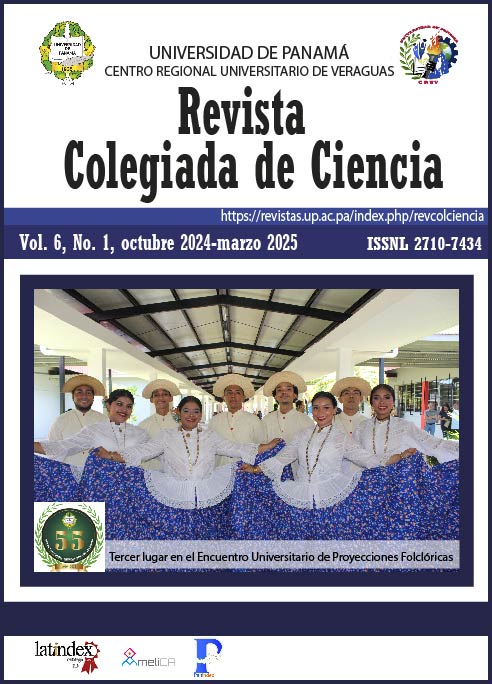

Personal precautionary measures represent an alternative to avoid the direct imposition of preventive detention. When a measure is imposed, various risk factors must be taken into account based on the nature of the event, since this prevents the destruction of evidence or the risk of flight. In the Criminal Procedure Code, in article 224, the types of precautionary measures are broken down, highlighting that the last is preventive detention because all the others are evaluated first, before imposing said measure or rather when changes are made due to non-compliance with the others.
Personal precautionary measures represent an alternative to avoid the direct imposition of preventive detention. Failure to comply with these measures generates revocation by the Judge of Guarantees, because the person becomes a risk in the process; that is, there is a probability that he or she will flee, damage or contaminate the evidence. Hence, the importance of this topic to identify the correct application of alternative measures to preventive detention and what are its legal consequences, since the victims are left unprotected and their rights are violated. The purpose of this work was to analyze the non-compliance with personal precautionary measures, which affect the change to preventive detention in the criminal process of Santiago de Veraguas. An innovative topic that serves as a reference for future research by providing information that does not exist at the national level. The methodology used is quantitative, descriptive design of a non-experimental type of cross-section. A sample of ten participants is chosen, represented by the actors of the criminal process. The instrument applied was the survey with closed questions. It is concluded that people do not comply with the personal precautionary measures imposed by the Guarantee Judge, because they tend not to be so harmful, which causes the crime to be committed. The little knowledge that the population has regarding this subject is what leads to non-compliance